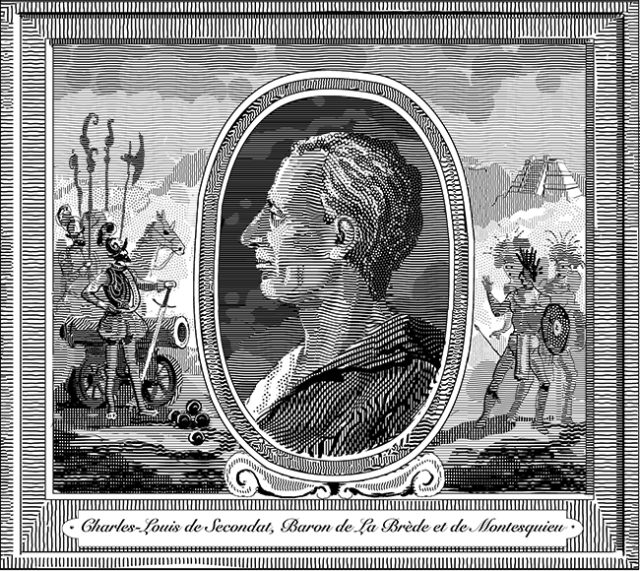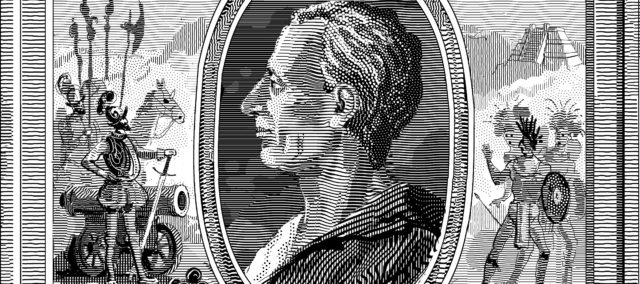Montesquieu and the Motives for Science
Charles-Louis de Secondat, Baron de La Brède et de Montesquieu, the eighteenth-century French political philosopher known simply as “Montesquieu,” was immensely influential in the development of the ideas behind modern liberal democracy. The American Founders refer to his writings frequently and reverently, and every advocate of a limited government of separated powers owes something to Montesquieu’s efforts. But Montesquieu wrote about a larger variety of subjects than we normally associate with him. In a lecture he delivered in 1725 — translated by Diana Schaub, and appearing in The New Atlantis for the first time in English — Montesquieu considers the motives that ought to move free peoples to study the sciences. This is accompanied by a commentary essay by Schaub, professor of political science at Loyola College and a contributing editor to The New Atlantis.

